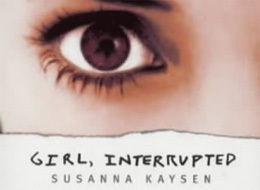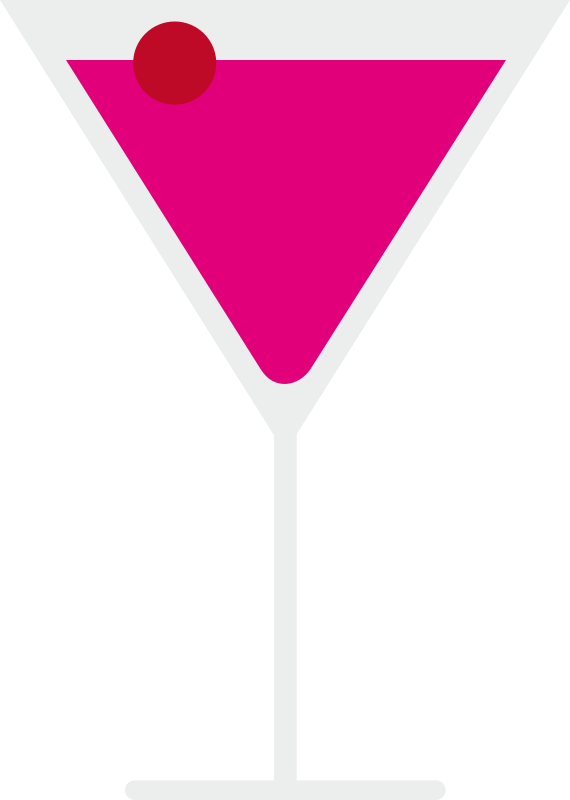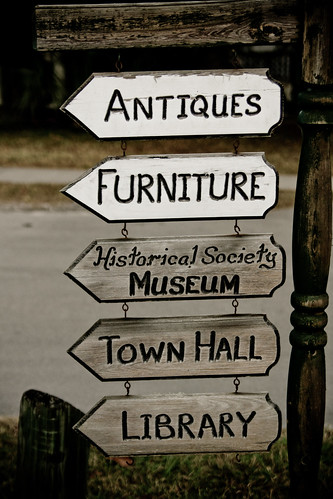The topic of plagiarism came up the other day while I was writing a Books on Film post, and I got to thinking about it again while I was watching an old movie the other night. As an author, you are an observer of life. But where is the line between writing what you've observed...and stealing someone else's story?
Legalities
I've mentioned before that I'm a bit of a Wikipedia buff (or maniac). I get caught up asking myself random questions (like whatever happened to the little girl from Uncle Buck?) and I learn things. Most things I learn aren't of any use, and sometimes all I get out of is more questions. That's the case with the anecdote I'm about to present, and the problem of ethics it's created for me.
I was thinking about plagiarism anyway because I'd just written about
Doc Hollywood, a 1990s movie that many critics have accused of being the inspiration for Disney's
Cars. The plots are startlingly similar, but I've noticed similar mirror plots in other films (check out
The Cutting Edge and
Blades of Glory, for example). When someone writes something and publishes it and someone else writes something very close and publishes
that, it's
plagiarism -- and it's a hard-and-fast rule. But ripping off a story that isn't written down...this is a little harder to define.
I started thinking about it while I was watching Goodbye, Mr. Chips. It's a lovely little story and a surprise Oscar winner from 1939 (competing with the likes of Gone With the Wind and The Wizard of Oz), and one of my favorites. It tells the story of an inspirational teacher, and back then it was still a fairly new story to tell, and after one of my crazy Wikipedia benders I found that it was largely based on a real person. It was a teacher that the author had when he was a boy.
And at first blush, that sounds nice. A teacher inspired a student not just to write, but to write about himself. And one step more, the movie became a beloved production that's still watched by the likes of me today. But it begs the question: what the heck did that inspirational teacher get out of the deal, other than a tiny comment in the middle of a big Wikipedia entry? And why is it okay, and totally accepted, that in this scenario the teacher doesn't get a thing?
The real question is this: when does inspiration cross the line and become theft? It's hard to answer, and that's why it's hard to prove in court. Many authors have faced lawsuits based on this issue. So perhaps the line is crossed when the person who inspires the story says it has. To play it safe, talk to your inspiration before you publish -- and avoid messy
legal issues later.

























